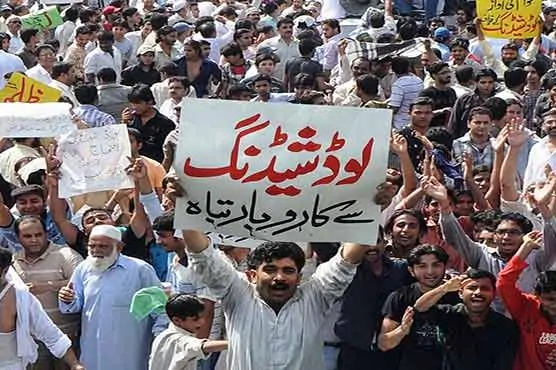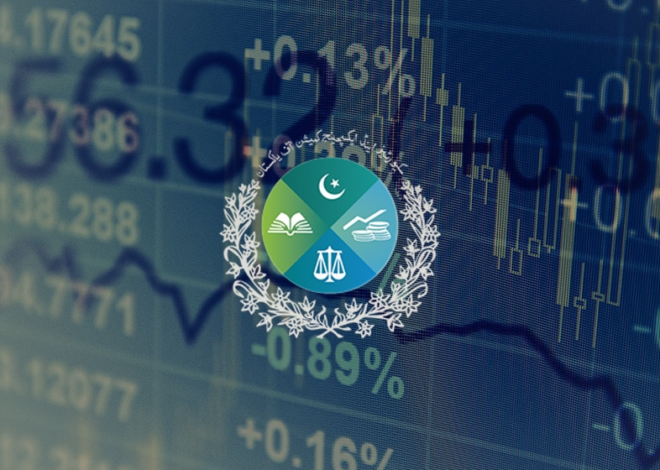
IMF Urges Pakistan to Raise Electricity Tariffs for New Program Approval
The International Monetary Fund has required that Pakistan raise the electricity tariffs by Rs5 per unit before July 10, 2024. This measure has been seen as a conditionality that Pakistan needs to meet before the new financial program is under an agreement. In all likelihood, a raise in the policy rate and an increase in electricity and gas prices will be required prior actions by the IMF for the new deal.
Even as it is busy pushing hard in the ongoing negotiations, Pakistan has also asked the IMF to further the fund allocation for the upcoming program, telling it that it had met all the conditions of the lender in the current year’s budget. While Pakistan is desirous of a financial package ranging between $8 to 10 billion, the Fund has proposed something in the range of $6 to 7 billion.
Of note, Pakistan has implemented all the conditions stipulated by the IMF, with the lender expressing satisfaction with the budget approval from parliament. Another factor was taken into account: all of the economic reforms to be introduced in order to stabilize the financial status in the country.
In the very recent past, the ECC announced not to increase the gas prices for domestic consumers, and now the same has been held back, which would be slight relief for the consumers. However, the ECC has withheld the decision for an increase in gas tariffs for captive power plants to facilitate fiscally adjusting more broadly in the IMF list of demands.
For Pakistan, the IMF sets raising power prices as an important step. The tariff increase is part of a host of measures necessary to meet the fiscal deficit and put the financial health of the energy sector back in order.
Also, see:
Mohammad Rizwan responds to criticism after Pakistan’s horrendous journey in T20 World Cup 2024







